Fall fruits are those that ripen and reach peak maturity during the fall season, offering a diverse palette of flavors, colors, and textures. These fruits typically thrive in the cooler temperatures of fall and are often characterized by their deep hues and robust flavors.
Fall fruits are favored for their versatility in culinary, lending themselves to comforting dishes like pies, crumbles, and preserves, as well as being enjoyed raw. They are also packed with vitamins, minerals, and antioxidants, vital for boosting immunity.
Later on, make sure not to miss a few recommendations for dishes made using these fruits.
23 Popular Fall Fruits To Taste The Seasonal Freshness
These 23 fall fruits are full of flavors and textures for you to uncover with various types, tastes, shapes, and colors.
Apple
- Pome Fruit
Apple is a popular fruit known for its crisp texture and various flavors, from sweet to tart. The fruit comes in various colors, including red, green, and yellow, often with a round, slightly ribbed appearance.
Apples are versatile in culinary uses, ideal for both eating fresh and incorporating into dishes like pies, sauces, and salads. Their firm flesh holds up well when cooked, making them a favorite for baking and stewing.
While they are available year-round, apples are traditionally harvested in the fall when they are at peak quality for making any specialties.
Pear
- Pome Fruit
Pear is a sweet, bell-shaped fruit of various shades like green, yellow, and red, often with speckled or smooth skin. The fruit has a juicy, buttery texture ranging from crisp when under-ripe to tender when fully ripe.
Pears are known for their subtly sweet and sometimes floral flavor, making them delightful both fresh and in culinary preparations such as baking, poaching, and salads. They are particularly cherished for their compatibility with cheeses and wines, often harvested in late summer to fall.
Grape
- Berry
A grape is a small, juicy fruit coming from the grapevine plant in large clusters varying in color from green and yellow to red and purple. They have smooth, semi-translucent skin and a crisp, fleshy texture bursting with sweet or tart juice.
Grapes are often fresh and used in making jams, juices, and, most famously, wine. They are also delicious when dried, known as raisins.
Pomegranate
- Berry
Pomegranate is a spherical fruit with a tough, leathery red or sometimes yellowish skin. Inside, it houses hundreds of ruby-red arils that are juicy and crisp, each containing a small, hardy seed.
Usually, pomegranate balances sweet and tart, making it both refreshing and intensely flavorful. This fruit is often available during the fall season, perfect for consuming fresh, sprinkling over salads and desserts, or pressing into juice.
Plum
- Drupe/stone Fruit
Plum is a juicy fruit with a smooth skin of colors ranging from deep purple to red and yellow. Usually, the fruit is round to oval, with the flesh being firm or soft depending on ripeness, boasting a sweet to tart profile.
Plums are commonly enjoyed fresh, with the hardy stone in the middle removed. They are also widely used in pies, jams, and preserves. Additionally, the plum season tends to extend all the way into fall.
Cranberry
- Berry
Cranberry is a small, hard berry with a vibrant red hue that deepens as it ripens. They have a sharp, tart flavor that can be quite astringent when eaten raw, so people commonly sweeten and cook these berries to ease the flavor.
Cranberries are most often used in sauces, juices, and dried fruit to add to baking and snacks. Their firm texture holds up well during cooking, often appearing in holiday meals in fall and winter.
Fig
- Multiple Fruit
Fig is a teardrop-shaped fruit available in colors ranging from purple to green with thin skin and a soft, succulent flesh filled with tiny edible seeds. Many favor the natural sweetness and slightly nutty flavor of ripe figs, making them ideal for jams and sauces.
While figs peak in late summer, their availability extends into early fall, allowing you to try them out for fresh snacking or baking into desserts.
Persimmon
- Berry
Persimmon is a round or oval-shaped fruit with smooth, glossy skin that ranges from light yellow-orange to dark red-orange. Depending on its ripeness, the texture varies from firm when unripe to tender and jelly-like as it matures.
Persimmons are known for their sweet, honey-like flavor that becomes more intense when fully ripe. They are often eaten fresh, used in salads, baked into desserts, used in smoothies, or can be dried for a concentrated sweetness.
Tangerine
- Citrus
Tangerine is a small citrus fruit with a round, slightly flattened shape, known for its deep orange, easy-to-peel skin. This version of citrus fruit is sweeter and less acidic, boasting a tender, juicy texture that bursts with vibrant citrus flavor.
Tangerines are mostly enjoyed fresh, eaten out of hand, or added to salads, desserts, and main dishes for a sweet, tangy lift. They are also popular in beverages, providing fresh, zesty juice.
Passion Fruit
- Berry
Passion fruit is a small, round, dark purple or yellow fruit with a tough outer rind. The fruit’s interior is a cavity filled with aromatic, jelly-like pulp and numerous small, crunchy seeds.
The flavor is intensely tart and sweet, with a refreshing tropical flavor. Passion fruit is often scooped out and eaten fresh, or its pulp is used to enhance the flavor of juices, desserts, sauces, and cocktails.
While passion fruit is typically associated with warmer climates, its peak season extends into early the fall season.
Quince
- Pome Fruit
Quince is a pear-shaped fruit available in late fall with a bright yellow exterior when ripe. It is known for its firm and woody texture.
When raw, the fruit is quite tart and astringent, but when cooked, quince has a sweet, delicately flavored treat with a floral aroma.
It is commonly used in jams, jellies, and preserves. Quince is also excellent when poached, baked, or stewed, adding a unique flavor to desserts and savory dishes alike.
Kiwifruit
- Berry
Kiwifruit is a small, oval fruit with fuzzy, brown skin and bright green or golden flesh dotted with tiny black seeds. They are soft yet firm, with a unique tangy-sweet flavor for a refreshing and zesty profile.
Commonly consumed fresh, some even add sliced kiwis into salads, blend into smoothies, or use as a vibrant garnish for desserts and drinks. While kiwifruit is available year-round, it has a peak season that stretches all the way into fall.
Pumpkin
- Melon
Pumpkin is a large, rounded fruit with a thick, ribbed outer rind. In terms of appearance, this fruit vegetable ranges from deep orange to pale yellow. Its flesh is dense and slightly sweet, with a creamy texture that becomes tender when cooked.
Known for its mild, earthy flavor, pumpkin is used in both savory and sweet dishes. Furthermore, their seeds are also roasted for a nutty taste and crunchy texture.
Usually, pumpkins are a staple in cooking, symbolizing harvest time and featured prominently in holiday traditions.
Eggplant
- Berry
Eggplant is a versatile fruit vegetable, recognized by its glossy, deep purple skin and bulbous shape, though it can also come in shades of white and green. Its flesh is spongy and creamy white, absorbing flavors and oils when grilled, fried, baked, and roasted.
Eggplant has a mildly bitter taste when raw, but it develops a rich, complex flavor when cooked. While commonly used year-round, it is especially abundant in late summer and early fall.
Okra
- Berry
Okra is a slender fruit vegetable often characterized by its ridged surface and tapered ends. Inside, it contains small, edible seeds and is known for its slimy texture, which thickens liquids in stews and soups.
Usually, okra has a mild, slightly grassy flavor and can be cooked in various ways, including frying, grilling, and steaming. It is a staple in Southern U.S., Caribbean, and African cuisines, with the peak season extending into the early season of fall.
Pepper
- Berry
Pepper is a fruit vegetable available in a variety of colors, such as green, red, yellow, and orange, each offering a different level of sweetness and heat. Characterized by a crisp texture and a mildly sweet flavor that intensifies as it ripens.
People tend to use peppers for their heat and a colorful touch to dishes. While peppers are cultivated throughout the year, their harvest peaks in late summer and continues into early fall, featuring a brighter appearance.
Tomatillos
- Berry
Tomatillo is a small, spherical fruit wrapped in a papery husk, which turns from green to brown as the fruit ripens to a vibrant green. They have a firm texture and a tangy, slightly acidic flavor, making them a staple in Mexican cuisine, particularly for salsas and sauces like salsa verde.
When cooked, tomatillos soften but retain a pleasing crunch, adding depth and zest to dishes. Interestingly, tomatillos are widely available throughout the year and are not limited to only fall.
Zucchini
- Berry
Zucchini is a type of summer squash that ranges in color from deep green to yellow, with a smooth, cylindrical shape. The fruit vegetable has a tender texture and a mildly sweet, slightly earthy flavor.
Zucchini can be grilled, sautéed, roasted, or baked and is popularly used in stir-fries, as well as soups. Additionally, its moisture-rich flesh makes zucchini a favored ingredient in baking, adding softness to bread and muffins.
Winter squash
- Melon
Winter squash is a term encompassing a variety of squashes that share a hard, thick rind and firm, dense flesh. These include varieties like butternut, acorn, and spaghetti squash.
The flavors range from nutty to sweet, making them ideal for savory and sweet dishes. They can be roasted, puréed for soups, or stuffed and baked.
Normally, its peak season begins in early fall and extends through winter, making it a staple in cold-weather meals for its ability to store well.
Kumquat
- Citrus
Kumquat is a small, oval-shaped citrus fruit with a bright orange, edible skin. The small citrus fruit is notably sweet, accompanied by its tangy and sometimes slightly bitter interior.
Furthermore, the fruit’s flesh is juicy and soft with a burst of sharp flavor. Typically consumed whole, kumquats are popularly used for fresh eating and for use in marmalades, desserts, and savory dishes.
Date
- Drupe/stone Fruit
Date is an oval, small fruit with a wrinkled texture and a glossy brown or yellow appearance, depending on its ripeness. Known for their intensely sweet flavor, like caramel, dates have a chewy, fibrous texture when dried, which makes them a satisfying snack.
Commonly used in baking and cooking as a natural sweetener, dates are also a staple ingredient in Middle Eastern cuisine, found in desserts and savory dishes. Usually, fresh dates are harvested from Spring all the way to fall.
Guava
- Berry
Guava is a crunchy fruit that ranges from pale pink to deep red and is dotted with many small, edible seeds. The flavor is sweet and slightly tart, with a strong, aromatic scent.
For young guavas, they have a crunchy texture, while the seeds are hardy. Alternatively, ripes guavas are soft with a granular texture.
Medlar
- Pome Fruit
Medlar is an unusual fruit with a rounded, slightly flattened shape and a brownish hue when ripe. The Mediterranean fruit has rough skin surrounding a soft, grainy pulp that becomes palatable only after bletting, a process of over-ripening to soften the fruit.
With a sweet and mildly tart taste, medlar is mainly used in jellies, desserts, or simply spooned out of the shell. Commonly, medlars ripen late in the fall season and extend into the early winter.
What Dishes Are Made with Fall Fruits?
Celebrate the season with these delightful dishes that highlight the rich flavors and textures of fall fruits.
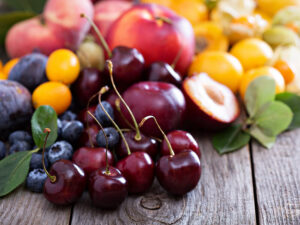
Apple Pie
Apple pie is one of the classic sweet staple dishes of America, featuring spiced apple slices encased in a flaky, buttery crust.
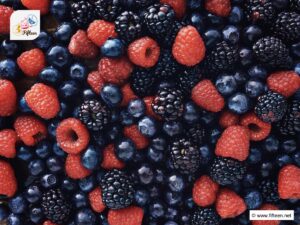
Cranberry Sauce
Cranberry sauce is a must-have condiment for Thanksgiving, made with fresh cranberries, sugar, and orange zest.
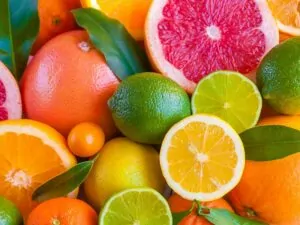
Pumpkin Bread
Pumpkin bread is a moist, spiced bread made with fresh pumpkin puree, perfect for enjoying the flavors of fall with a warm cup of coffee or tea.
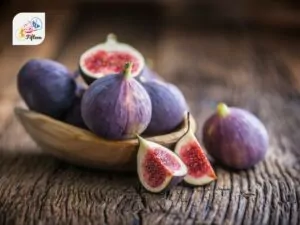
Persimmon Pudding
Persimmon pudding is a dense, cake-like dessert made from the pulp of ripe persimmons, spices, and nuts.
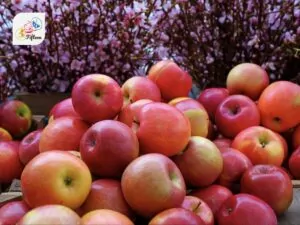
Quince Jelly
Quince jelly is a sweet and fragrant preserve made from the juice of cooked quinces.
These fruits can be a great addition to your meal, but you should know each region or country around the world will have a different approach to enjoying these fruity picks.
Which Countries Are Known for Fall Fruits?
Fall fruits come with diverse options in each country, giving you more chances to explore many flavors:
United States
Apples, pumpkins, and cranberries are popular fruits in North America during fall, including the United States, often associated with the season harvest festivals and Thanksgiving.
Canada
In Canada, fall is marked by the harvest of apples, pears, and cranberries, which are staples in seasonal dishes and beverages.
Georgia
Georgia is renowned for its production of persimmons, pomegranates, and grapes during the fall season, contributing to the country’s rich agricultural heritage.
Italy
The boot-shaped country boasts various Italian fruits, including grapes, figs, and chestnuts, which are integral to Italian cuisine and traditions.
Japan
When it comes to fruits in Japan, fall options such as apples, persimmons, and Asian pears are widely enjoyed and celebrated in autumn festivals.
United Kingdom
The United Kingdom is known for its apples, blackberries, and plums during the fall, often used in traditional desserts and preserves.
Don’t forget to leave a comment to share your thoughts on the abundant fruits available in the warm fall season. Share these flavorful fruits with others so they can have more options to enjoy during the fall.


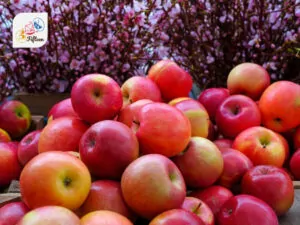
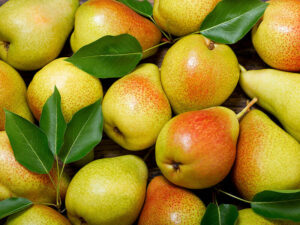
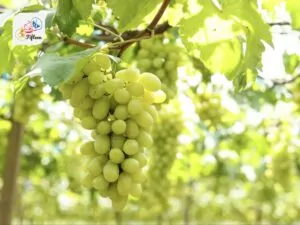
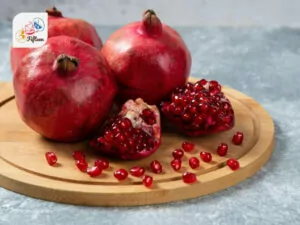
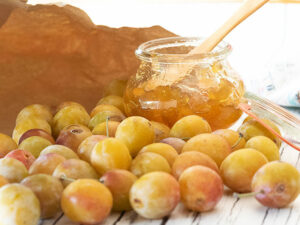
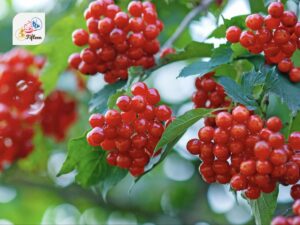
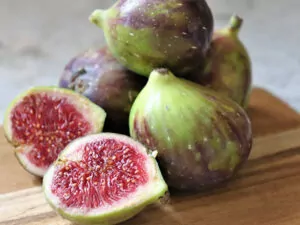
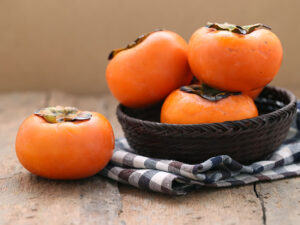
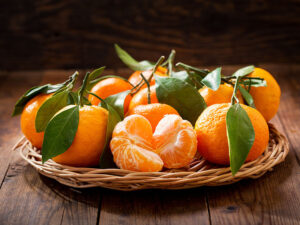
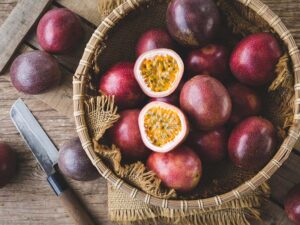
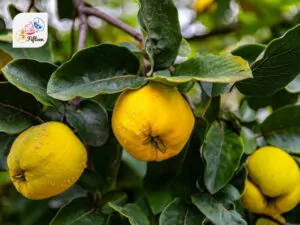
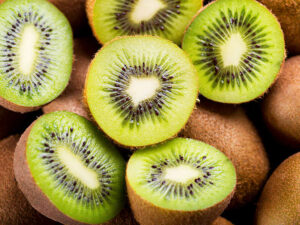
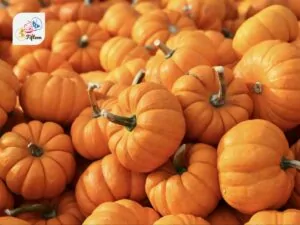
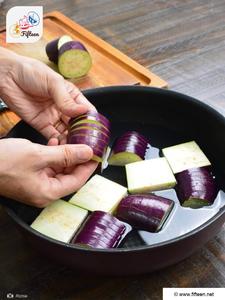
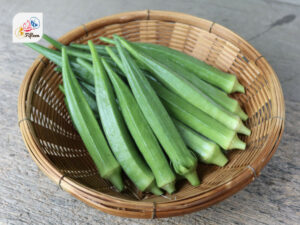
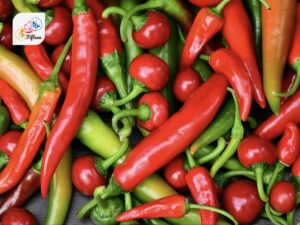
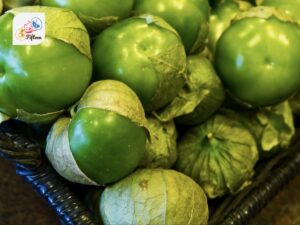
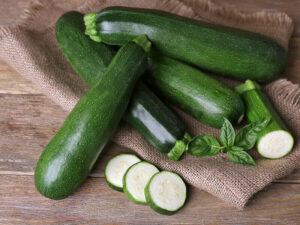
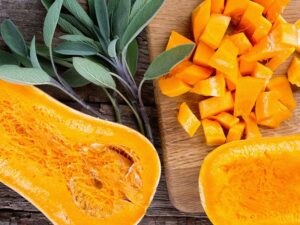
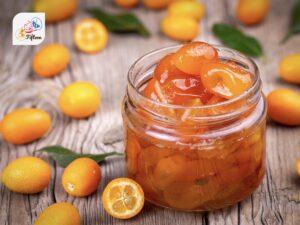
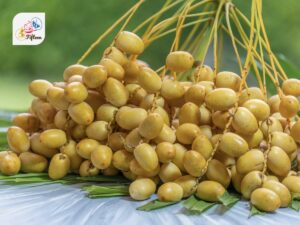
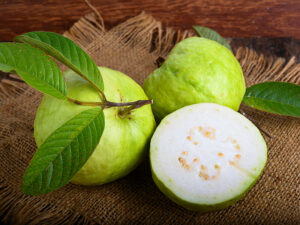
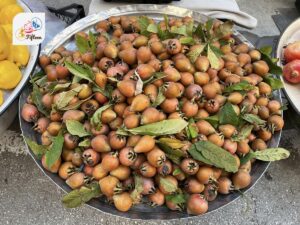
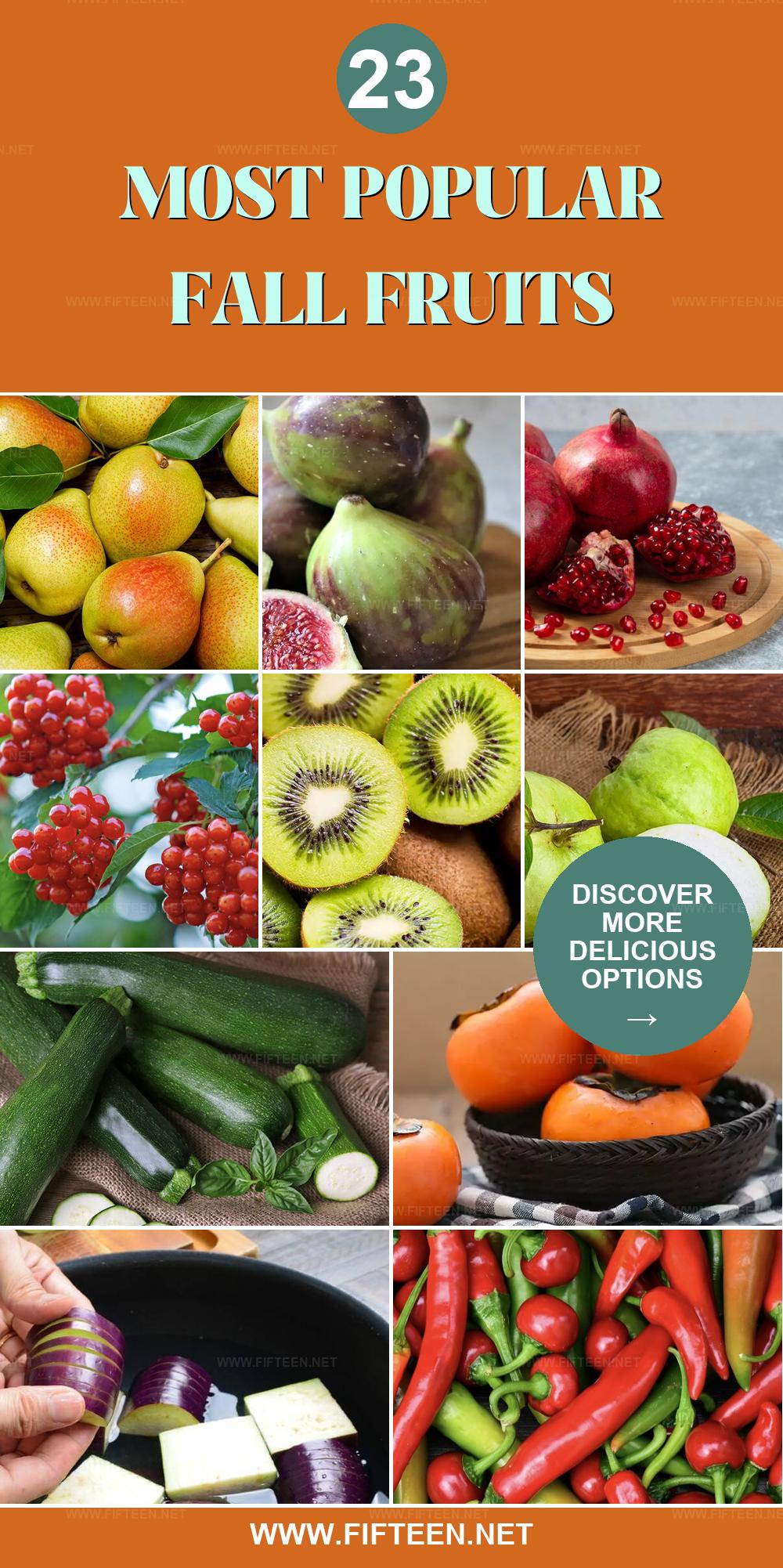
Jamie Scott
Editor in Chief, Senior Content Writer
Expertise
Home Cooking, Meal Planning, Recipe Development, Baking and Pastry, Food Editor, Cooking-video Maker, Western Food Evaluation Expert
Education
Le Cordon Bleu College of Culinary Arts
Local Community College, New York, NY
Jamie Scott is a skilled culinary expert and content creator specializing in Western cuisine. With over 15 years in the culinary field and formal training from Le Cordon Bleu, Paris, Jamie deeply understands how to blend nutrition with delicious flavors. His passion for cooking matches his commitment to making healthy eating accessible and enjoyable.
On Fifteen.net, Jamie brings a fresh perspective to classic dishes and beverages, offering readers insightful recipes, cooking tips, and a fresh view on meal planning that emphasizes taste, health, and simplicity.